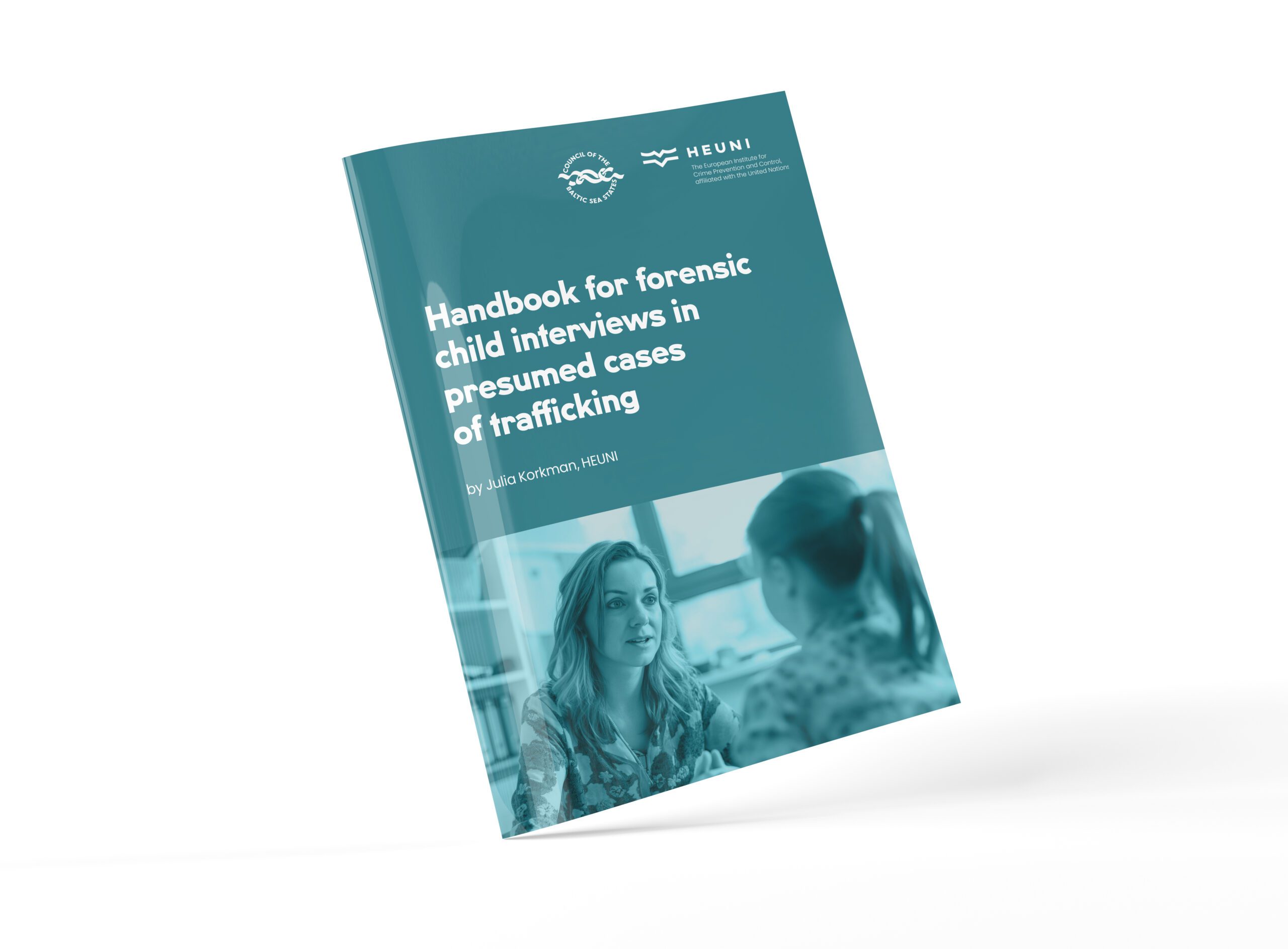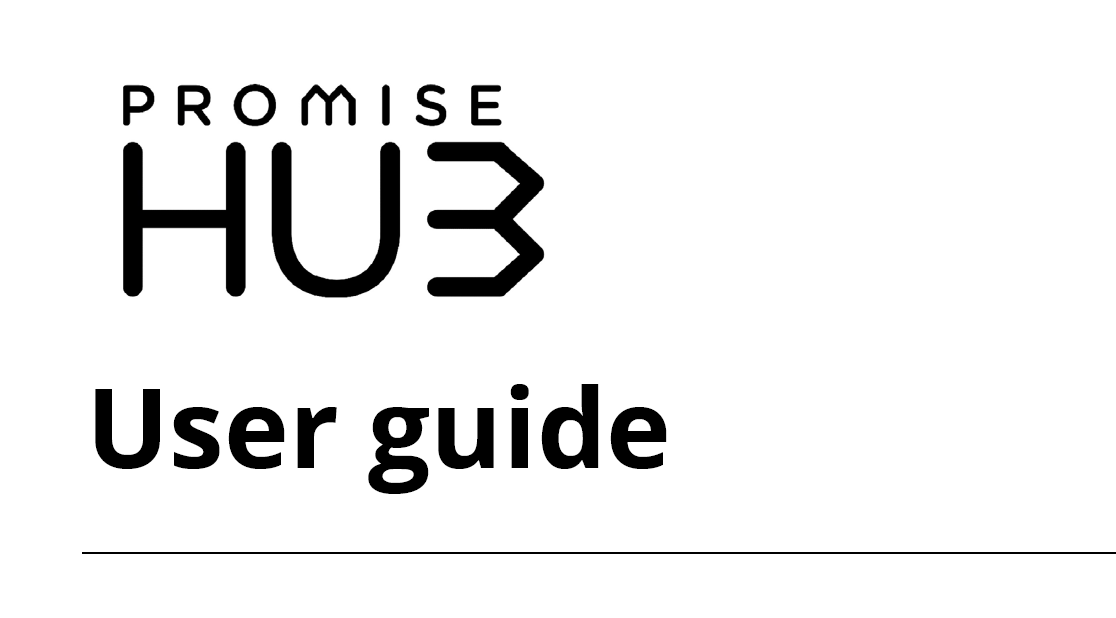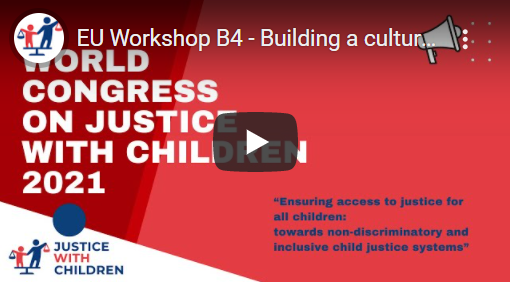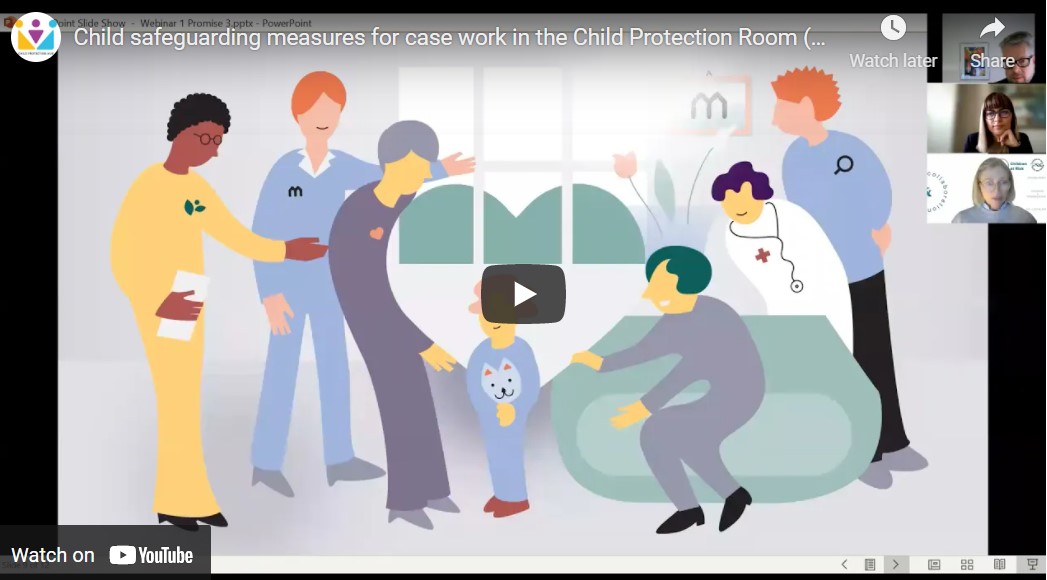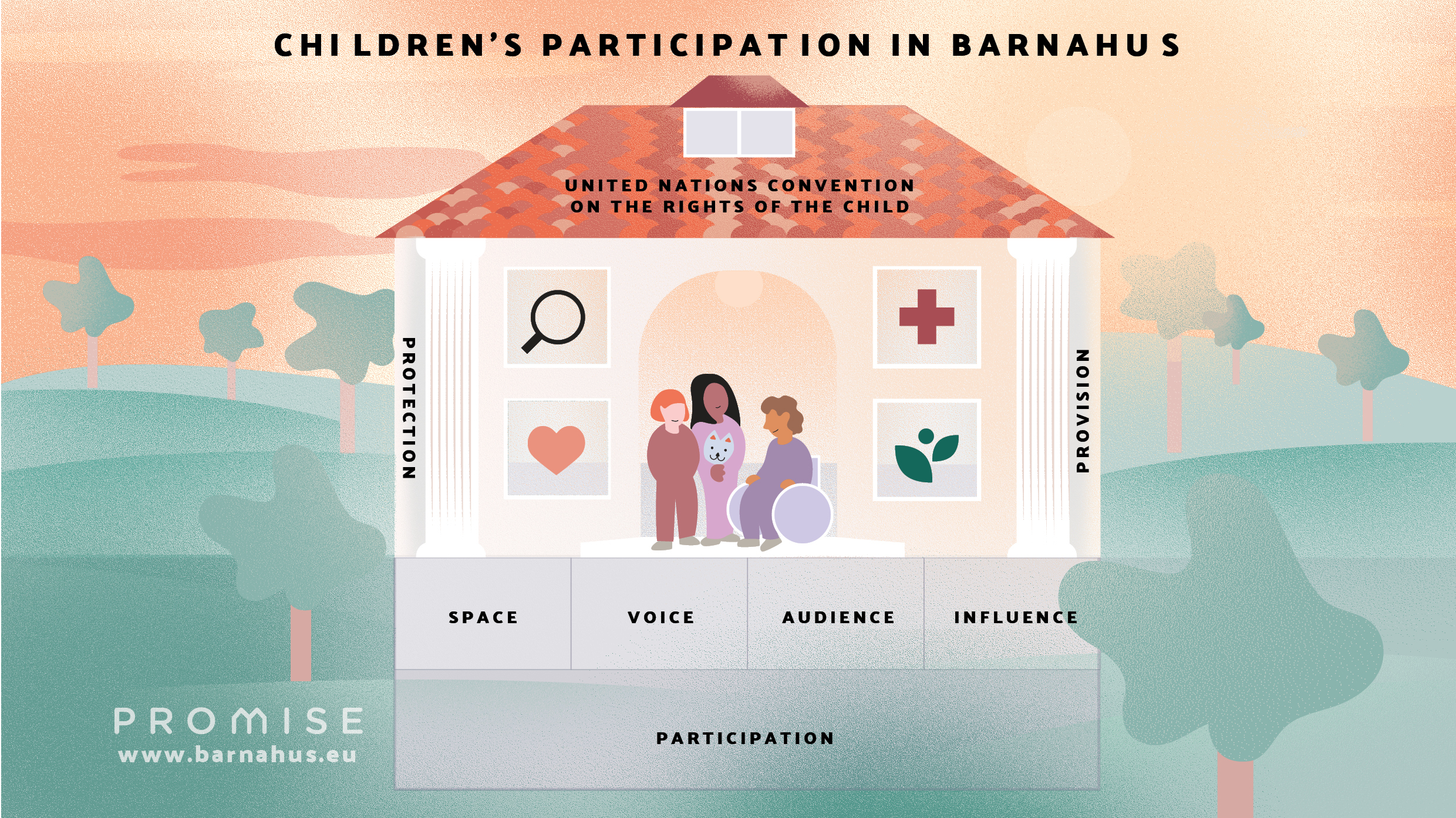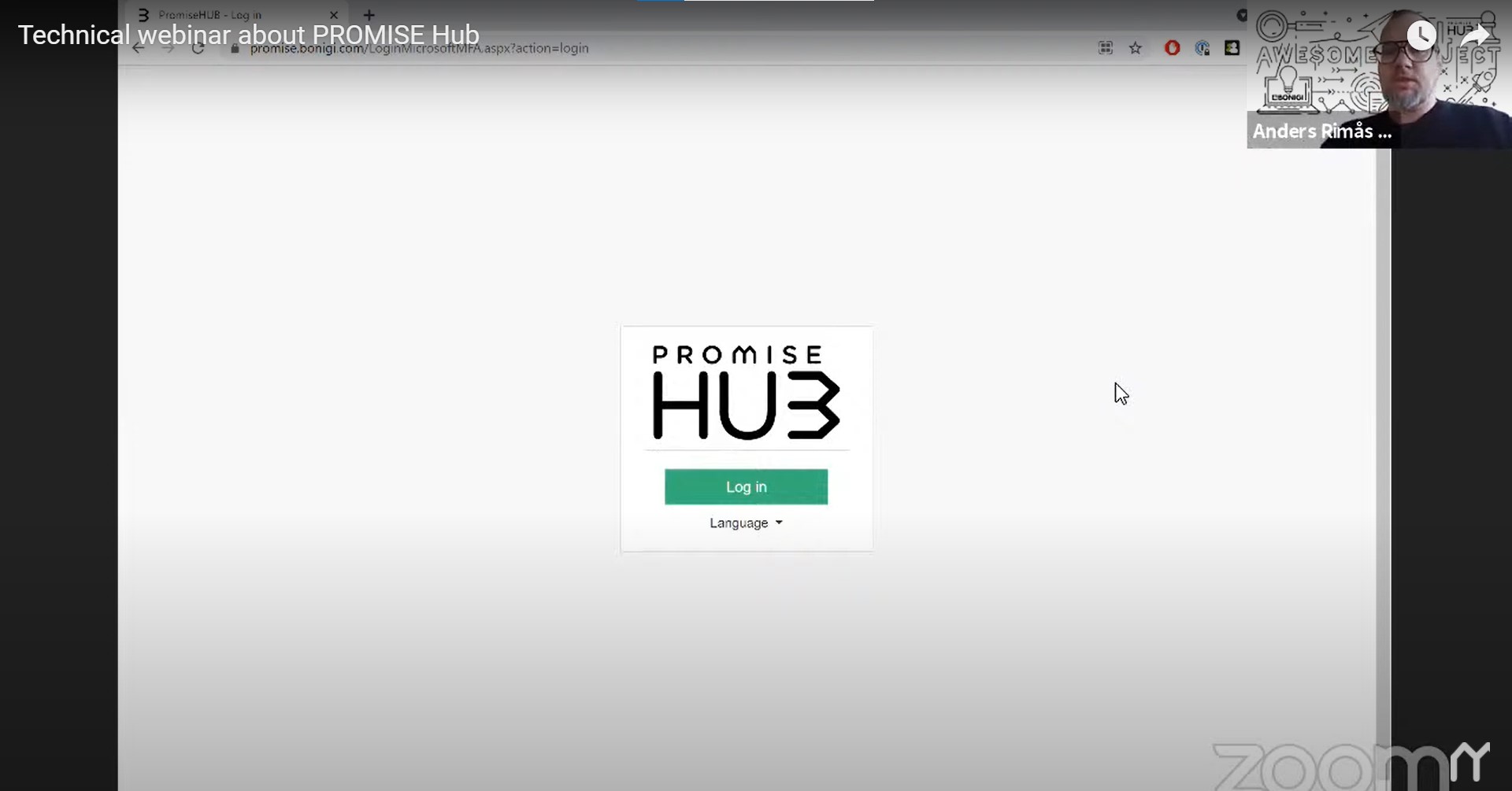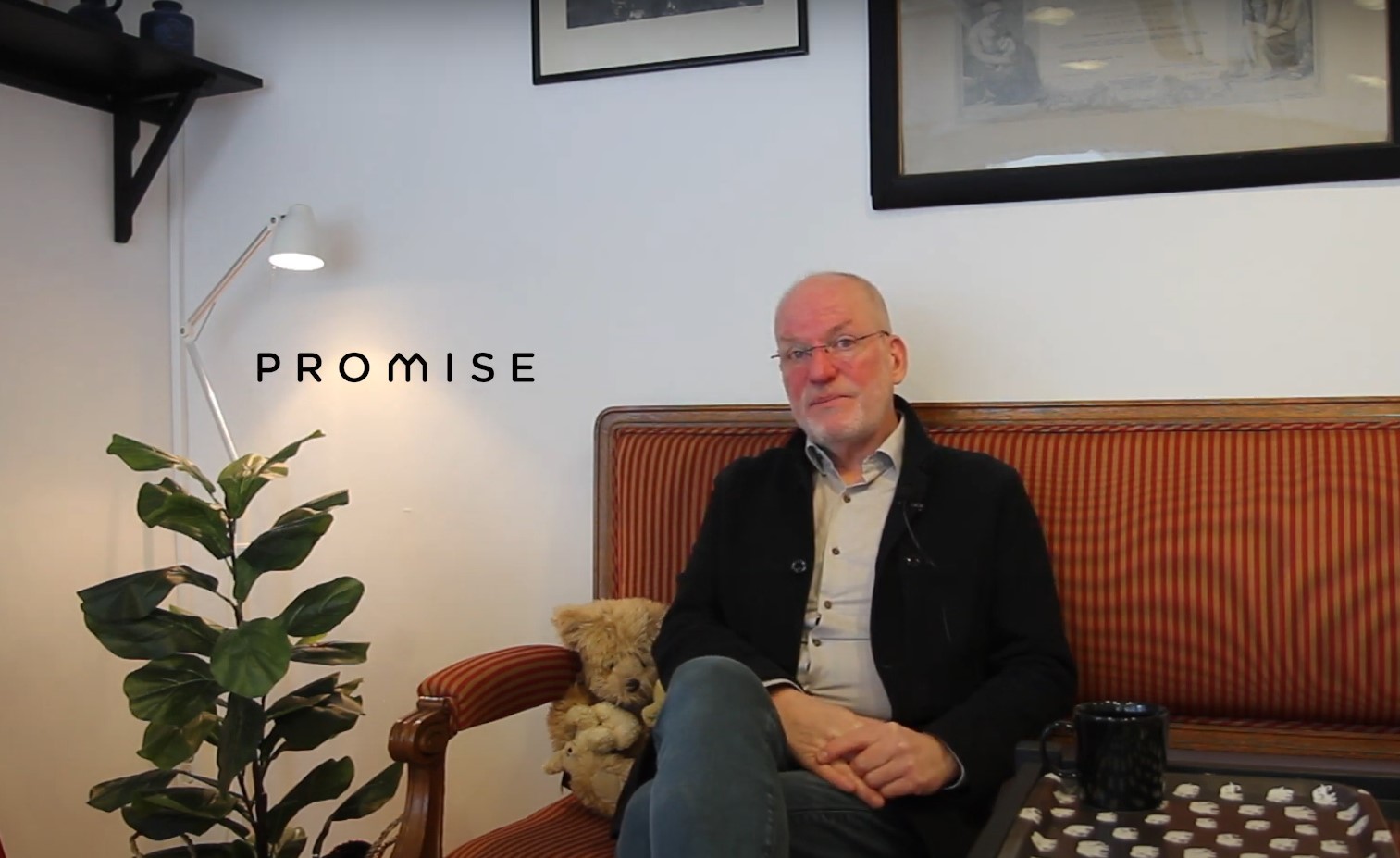Medical evaluation webinar mini-series
This webinar mini-series explores the many considerations for meeting the medical evaluation criteria for Barnahus.
According to the Barnahus Quality Standards, a medical evaluation is carried out to ensure a victim’s right to health and to secure forensic evidence for investigative purposes. As part of its medical services, a Barnahus or similar setup should also provide treatment and referrals to specialists as integral parts of its service.
The webinar mini-series covers:
Why medical evaluation is important for the wellbeing of children and the investigation, best practices for a multi-disciplinary cooperation which includes medical evaluation, the types of medical providers who should be available to the Barnahus and the additional training they may need, what a child-friendly exam room may look like, the process when a medical problem is detected that would otherwise would have gone unnoticed, ensuring treatment and follow-up.
Framework for medical standards
Watch this webinar to see how Barnahus Stockholm works with medical professionals, and to learn why all children who visit a Barnahus should be afforded a medical evaluation. Featuring Stefan Rune, Consultant Paediatrician at Karolinska University Hospital, Sweden.
In this webinar, Dr. Stefan Rune, a Consultant Paediatrician at Karolinska University Hospital in Sweden, provides insights into how Barnahus Stockholm collaborates with medical professionals and highlights the importance of providing medical evaluations for all children who visit a Barnahus center.
Dr. Rune emphasizes the significance of medical examinations in Barnahus centers. These examinations play a critical role in ensuring the well-being of the child and providing valuable evidence for legal proceedings. While physical abuse is the most common issue seen, sexual abuse and internet-related grooming cases are also addressed.
The webinar highlights the child-friendly approach taken during the examination process, where professionals take time to listen to and understand the child’s perspective. Dental examinations are also incorporated to identify possible cases of neglect, considering that dental care is free for all children in Sweden. Dr. Rune stresses the need for collaboration among professionals from different sectors to ensure comprehensive support and protection for the child.
Overall, the webinar showcases the crucial role of medical professionals in Barnahus centers and advocates for the practice of affording all children a medical evaluation to ensure their well-being and appropriate support throughout the process.
Physical abuse diagnostic workup and decision-making
This webinar explains how to conduct medical evaluations for child victims of physical violence, conistent with the Barnahus Quality Standards. The speaker, Resmiye Oral, a Professor of Pediatrics and Director of the Child Protection Program at the University of Iowa, USA, covers various indicators and diagnostic interpretation pathways. The webinar offers a comprehensive and systematic approach to diagnose physical abuse in children, promoting collaboration between different agencies and emphasizing the importance of a standardized protocol.
The webinar emphasizes the importance of recognizing and understanding the indicators of physical abuse in children, such as bruises, burns, fractures, and brain injuries. By identifying these signs, healthcare professionals can initiate the diagnostic workup effectively.
One of the key aspects presented in the webinar is the “Oral Triangle” diagnostic approach, which involves assessing the child’s history of trauma, the severity of the injury, and the child’s developmental level. This approach serves as a crucial tool in diagnosing physical abuse cases.
The webinar stresses the significance of collaboration between Barnahus and hospital settings to handle severe cases of physical abuse. Establishing written protocols and providing staff education on recognizing, evaluating, and managing child abuse cases are essential components of this collaborative effort. Various imaging techniques, including CT scans and MRIs, are explored in the context of evaluating acute head trauma in child abuse cases. Additionally, the use of skeletal surveys, especially for children under one year of age, is highlighted as a valuable tool for identifying potential skeletal injuries associated with abuse.
Sexual abuse diagnostic workup and decision-making
This webinar walks through the medical evaluation process, including: planning, consent, who is present, what is done, what is not done and why, giving feedback to the child and caregivers, follow-up, and multidisciplinary teamwork. Featuring Andrea Goddard, Consultant Paediatrician and Paediatric Lead, The Havens Sexual Assault Referral Centre, Kings College Hospital NHS Foundation Trust, London UK.
This webinar walks through the medical evaluation process, including: planning, consent, who is present, what is done, what is not done and why, giving feedback to the child and caregivers, follow-up, and multidisciplinary teamwork. Featuring Andrea Goddard, Consultant Paediatrician and Paediatric Lead, The Havens Sexual Assault Referral Centre, Kings College Hospital NHS Foundation Trust, London UK.. The speaker emphasized collaboration between healthcare professionals, police, and social services to ensure the safety and well-being of the child. The evaluation process involves obtaining informed consent, creating a child-friendly environment, taking a comprehensive history, and conducting a physical examination. Specialized techniques, like magnifying cameras, are used to examine the genital area for injuries. Reassurance and support for the child and non-offending caregivers are highlighted, along with legal and medico-legal considerations.
The presenter stressed the importance of differentiating medical evaluation from forensic examination in child sexual abuse cases. The use of magnifying cameras, not internal examinations, is emphasized to record injuries and enable peer review and expert consultation for accurate diagnoses. The presenter also discussed the types of injuries they look for in the genital area of boys and girls and the significance of understanding normal variations and other non-sexual causes of abnormalities.
The importance of providing support and reassurance to the child and their caregivers throughout the evaluation process was emphasized.
The PROMISE Webinar Series is co-organised with Terre des Hommes, a partner of this project, as part of the ChildHub’s child protection webinar series.
